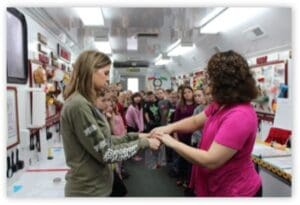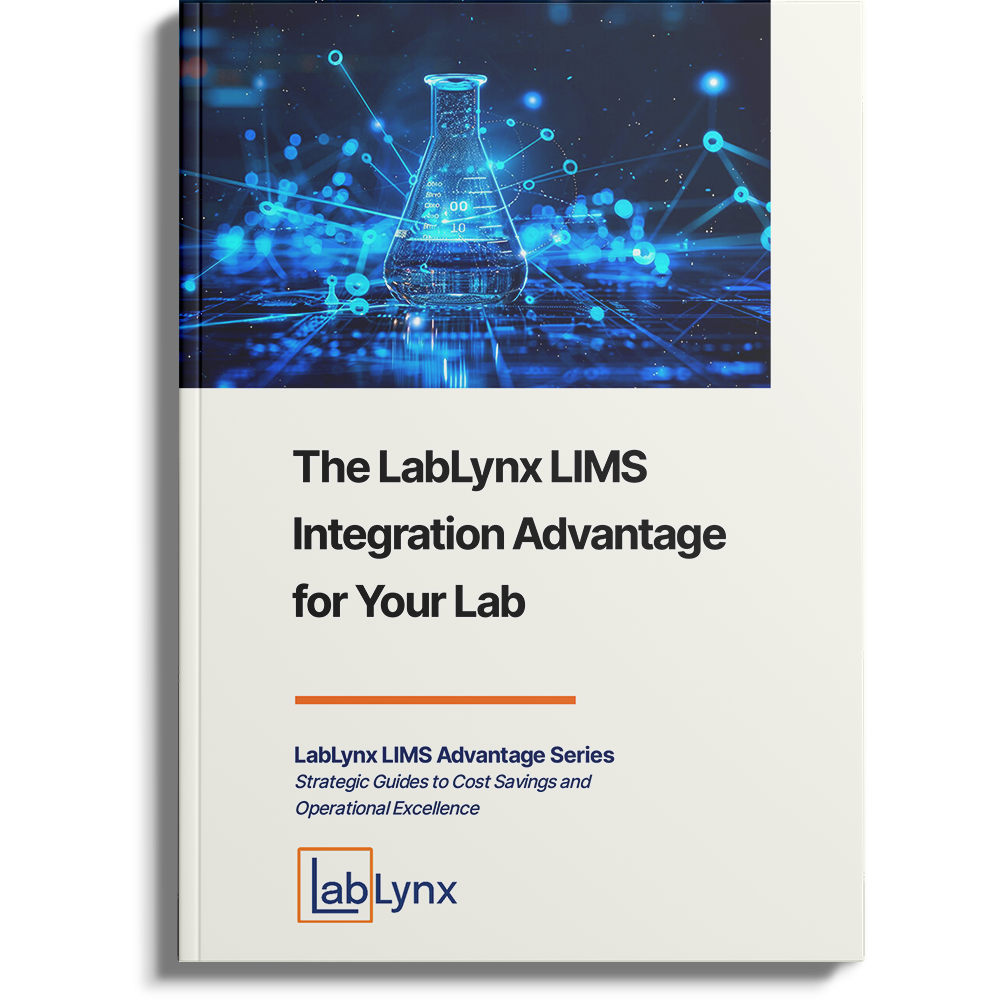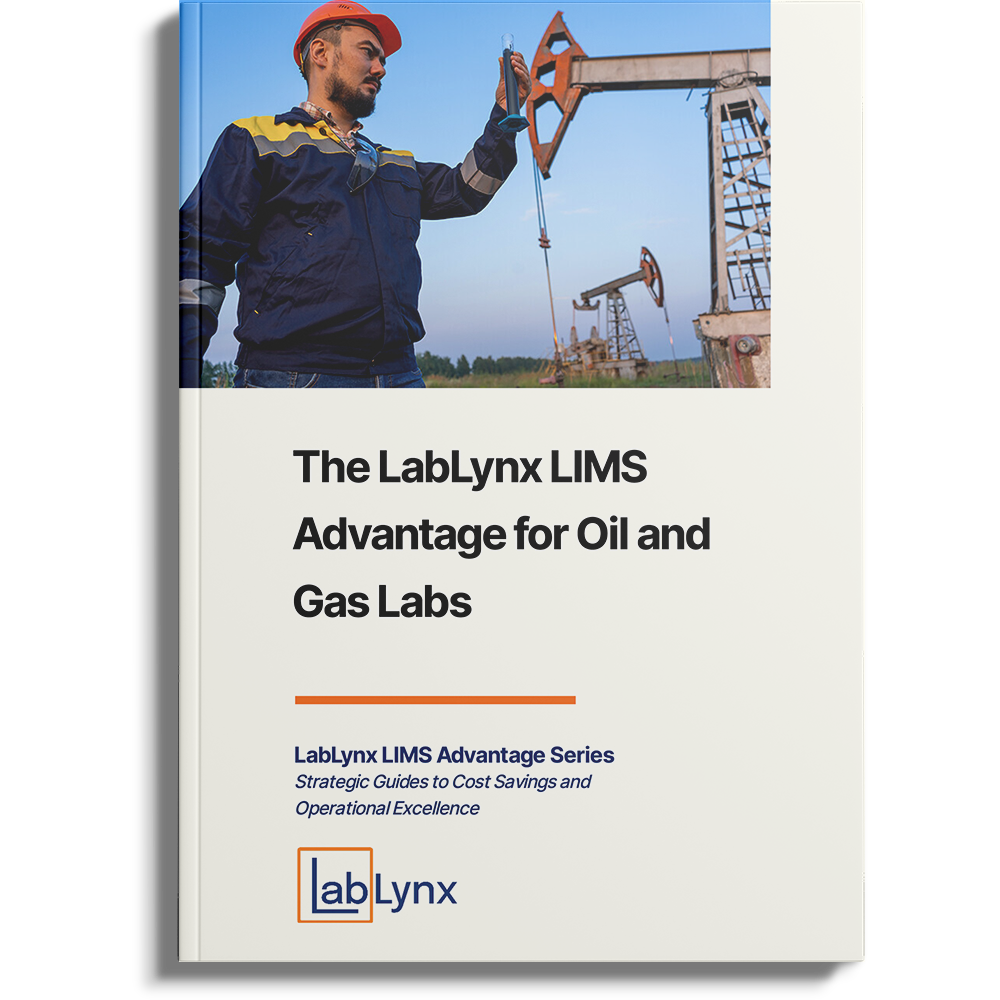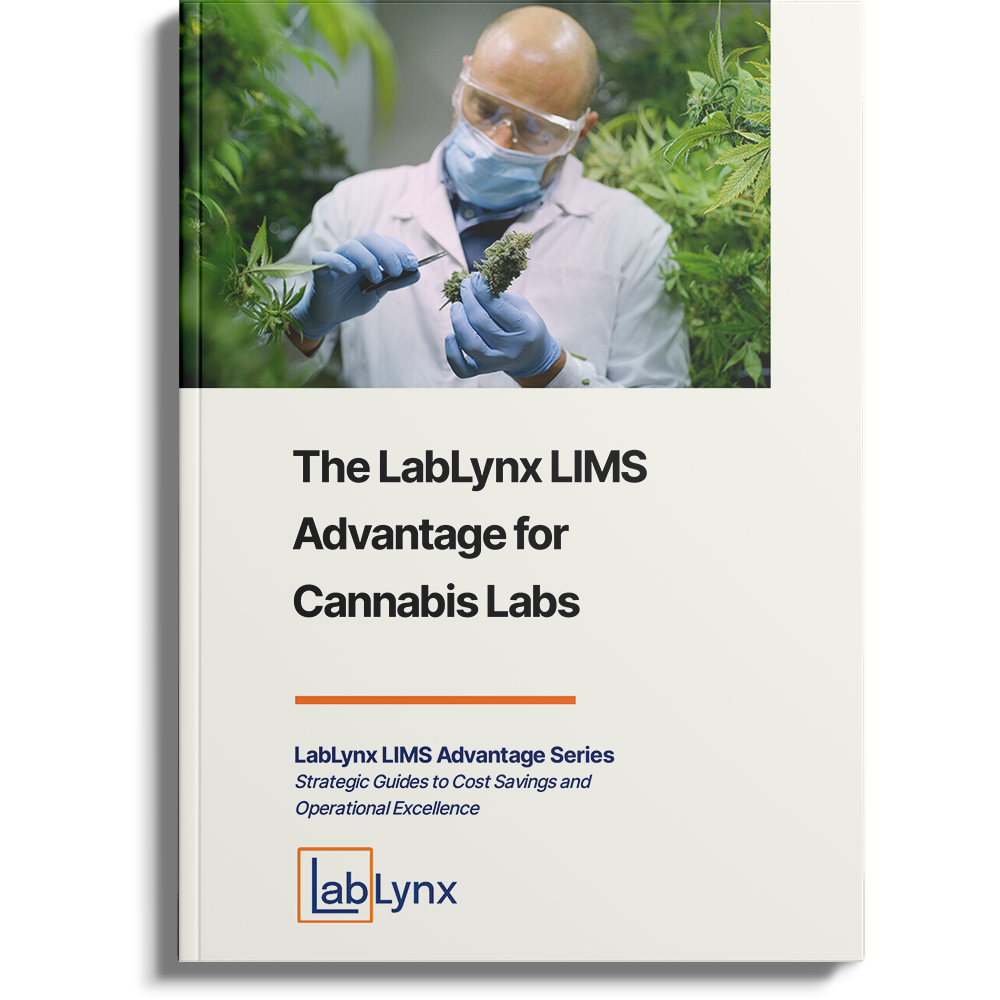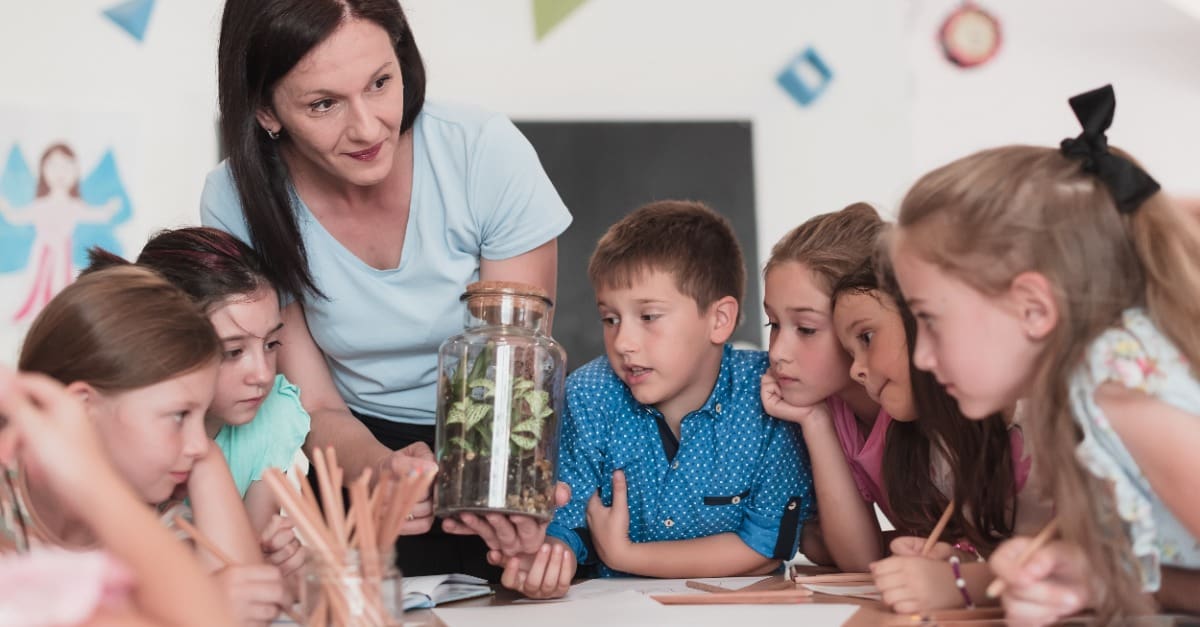

In a previous LabLynx blog post, “Benefits of Laboratory Courses in Education,” author Dena Standley explored the importance for students of all ages to learn how to pose questions, develop hypotheses, gather data, and practice scientific learning to fully appreciate science’s experimental nature. Hands-on laboratory activities encourage students to find the answers to their own questions and lay the foundation for a future path in the laboratory sciences. Now several farm-rich states across the country have taken laboratory study to a whole new level by taking the lab on the road, providing mobile classrooms devoted to agriculture science education.
Agriculture being such a fundamental industry in each of these states, the trailers are equipped with tools for performing STEM-based experiments. These lessons focus on different aspects of agriculture, including commodities, biotechnology, and food science. This helps teach students the importance of agriculture in their daily lives and inspiring the future study of agriculture sciences.
Below are a few of the programs offering hands-on laboratory experiences to some of the youngest minds across the country.
West Virginia Farm Bureau Mobile Science Lab
In West Virginia, 95 percent of the approximately 23,000 farms in the state are family-owned, the highest number in the US.[1] In 2022, the state’s farmers produced $800 million from an expanding agriculture economy that included everything from produce to livestock.[2]
The West Virginia Farm Bureau Mobile Agricultural Education Science Lab travels across the state, providing week-long visits to schools offering education to pre-kindergarten to fifth-grade students. With a certified teacher and the ability to engage 125+ students per day, the non-profit mobile science lab’s goal is to teach the importance of agriculture in the state of West Virginia. This mobile lab allows students to test organic and petroleum products, reinforcing how to raise and care for livestock, and promoting healthy lifestyle education. The trailer is equipped with 12 workstations for hands-on experiments.[3]
Delaware Farm Bureau Foundation Mobile Ag Lab
Although the second smallest state in the US, Delaware is big on agriculture, operating 2,300 farms across 530,000 acres. The biggest valued commodities in Delaware are corn, soybeans, and wheat.[4]
The Delaware Farm Bureau Foundation Mobile Ag Lab was launched in 2014 with the donation of a 24-foot trailer by the Delaware Department of Agriculture and with the support of the Delaware Farm Bureau Foundation. With the lab becoming a full-time program in 2018, the Mobile Ag Lab visits schools and summer camps across the state. The mobile classroom educates children from 5 to 12 on the importance of farming, eating healthy, and careers in agriculture.[5]
The youngest of students learn to plant seeds, milk a cow, and see and touch all the different soils in Delaware. Older grades learn about farming practices and how to make good food choices.
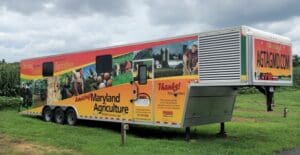

Maryland Agricultural Education Foundations’ Mobile Science Lab Program
Agriculture is the largest commercial industry in Maryland. Agriculture employs approximately 350,000 people and contributes over $8 billion annually to the economy. Agriculture also remains the largest single land use in Maryland, accounting for two million acres with 6,000 full-time farmers.[6]
In partnership with the Montgomery County Public School System and the Maryland Agricultural Education Foundation, Maryland’s three mobile laboratories explore themes such as “Ag Products,” “Aquatics,” and “Food, Fiber, and You.” With a variety of 50-minute experiments and 25-minute agriculture-based mini-lessons targeted to elementary school grade levels, the program is designed to engage students in learning about agriculture.[7]
Younger students can investigate the ingredients of candy bars in the experiment titled “From Pod to Candy Bar.” Older students can design an environmentally friendly farm in the “Farmers Protect the Environment” investigation.
Pennsylvania Friends of Agriculture Foundation Mobile Agriculture Education Science Lab
With over 52,000 farms across 7.3 million acres of farmland, Pennsylvania’s agriculture industry contributes over $132 billion to the state’s economy each year and provides nearly 600,000 jobs. The state’s main crops include corn, wheat, soybeans, and oats.[8]
Pennsylvania’s Mobile Agriculture Education Science Lab is a 40-foot trailer that travels the state to provide an interactive, field-trip-style experience to students in grades kindergarten through eighth. Equipped with the supplies and certified teachers to handle 30 different STEM-based experiments, the mobile lab focuses on different aspects of agriculture in the state, from Pennsylvania’s commodities to the environment and biotechnology.[9]
Experiments include germinating seeds under different conditions, creating crayons from soybeans, and testing the water capacity of different soils. As of January 2022, more than 1.4 million children in communities across the state have experienced the mobile ag lab.[10]
Michigan’s Agriculture in the Classroom traveling FARM Science Lab
Michigan leads the nation in the production of asparagus, black and cranberry beans, cucumbers, Niagara grapes, and squash. The agriculture industry provides over $104 billion annually to the state’s economy and is second only to California in its diversity.[11]
Funded by the Michigan Foundation for Agriculture and started in 2017 in Southern Michigan, the program’s two 40-foot mobile FARM Science Labs travel across the Great Lakes state, including the Upper Peninsula. The mobile labs cater agricultural science-based education to kindergarteners to fifth-grade students. For the youngest students, the program is focused on the diversity of agriculture in the state of Michigan. The older students learn about the state’s commodities, soil, and water, as well as what farmers do to protect these resources.[12]
Experiments include tasting apples, planting seeds, and making soybean lip balm, just to name a few. Students interact, participate in live polls, make predictions, and complete an assessment.
The decline in agricultural interest
Worldwide, the percentage of people who work in agriculture dropped from 44 percent in 1991 to 26 percent in 2020.[13] There were 6.8 million farms in the US in 1935. In 2021, the USDA reported only 2.01 million.[14] In December 2020, the USDA’s National Institute of Food and Agriculture with Purdue University reported employer demand will exceed the supply of available college graduates with a degree in agriculture-related fields.[15]
Sparking an interest in agriculture science at a young age is a necessity for food security in the future. Farmers will need to produce significantly more food, on less land, using less water, energy, fertilizer, and pesticides. It will be agriculture scientists and a new generation of farmers that help reach that goal.
Since America’s farmers and ranchers feed the world, agriculture labs face a double burden to comply with both US and international standards and regulations. Agriculture lab testing can vary greatly among hundreds of different tests. The LabLynx ELab Laboratory Information Management System (LIMS) Solution for Agriculture supports all of these tests and provides complete data management and reporting for all types of agriculture labs.
References
1 https://farmflavor.com/west-virginia-agriculture/
2 https://westvirginia.gov/industries/food-and-agriculture/
3 https://www.wvfarm.org/ScienceLab.html
4 https://www.nass.usda.gov/Quick_Stats/Ag_Overview/stateOverview.php?state=DELAWARE
5 https://defb.org/foundation/ag-lab/
6https://montgomerycountymd.gov/agservices/Resources/Files/News/Why_Commodity_Farming_Important_Montgomery_County_State.pdf
7 https://maefonline.com/home/teacher-center/mobile-science-labs/
8 https://www.agriculture.pa.gov/about/about_pda/Pages/default.aspx
9 https://pfbfriends.com/mobile-agriculture-education-science-lab/
10 https://www.morningagclips.com/perdue-farms-supports-pa-friends-of-ag-foundation/
11 https://www.michigan.gov/-/media/Project/Websites/mdard/documents/business-development/mi_ag_facts_figures.pdf
12 https://www.michiganagtoday.com/michigan-ag-in-the-classroom-mobilizes-farm-science-labs-for-students/
13 https://www.bbc.com/future/bespoke/follow-the-food/the-reason-we-are-running-out-of-farmers/
14 https://www.ers.usda.gov/data-products/ag-and-food-statistics-charting-the-essentials/farming-and-farm-income/
15 https://www.purdue.edu/usda/employment/

